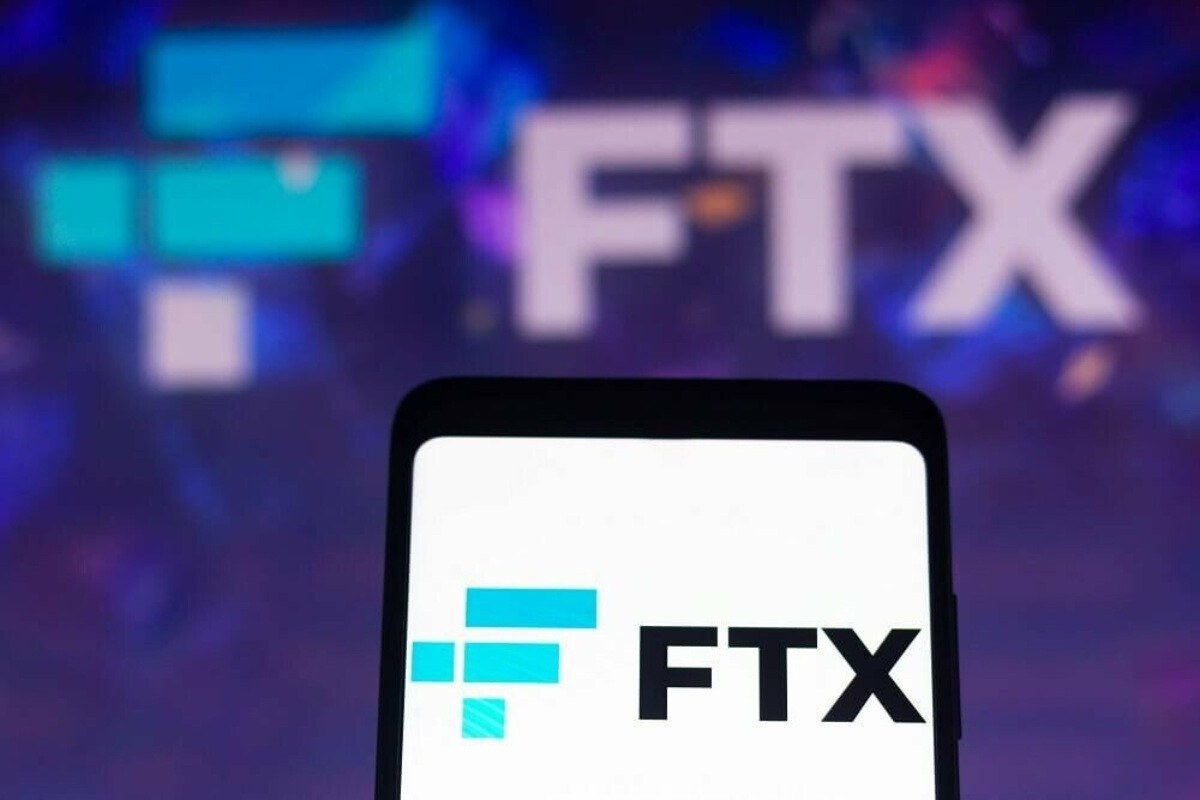
[ad_1]

Prominent media outlets, including Bloomberg, Dow Jones & Company, The New York Times, and The Financial Times, have raised objections to a joint motion by the debtors and the Official Committee of Unsecured Creditors asking for further data redactions in FTX bankruptcy case.
The motion sought authorization to extend the redaction of confidential customer information for an additional 90 days, covering the names, addresses, and email addresses of all of the debtors’ customers, including entities and institutional creditors who were also customers.
Media Outlets Object to Debtors’ Motion to Redact Customer Information
Media Intervenors expressed their opposition in a court filing, highlighting concerns over the continued redaction of customer data.
They argued that the motion lacked substantial new evidence to support an extension of the redaction deadline.
The media outlets emphasized that stating ongoing discussions with third parties as the reason for the extension was insufficient justification.
These objections are part of a larger legal battle between the media outlets and FTX Trading Ltd. concerning the redaction of customer names in court filings.
In December 2022, Media Intervenors successfully intervened in the bankruptcy case to oppose the redaction of the FTX creditors’ names in court documents. Their intervention was granted by the court.
Despite objections from Media Intervenors, on June 15, 2023, the court partially granted a joint motion by the debtors and the Official Committee of Unsecured Creditors, allowing certain redactions of customer data for a specified period.
Media Intervenors promptly appealed this decision, and the appeal is currently pending in the United States District Court for the District of Delaware.
Privacy over Transparency
The ongoing legal dispute underscores the tension between privacy concerns and transparency in bankruptcy proceedings.
While the debtors and the Official Committee of Unsecured Creditors seek to protect customer data, Media Intervenors argue for greater disclosure and transparency in court filings.
The court will now consider Media Intervenors’ objections in this complex case, and the outcome may have implications for the handling of customer data in bankruptcy cases, setting a potential precedent for future disputes in this area.
[ad_2]
Source link




